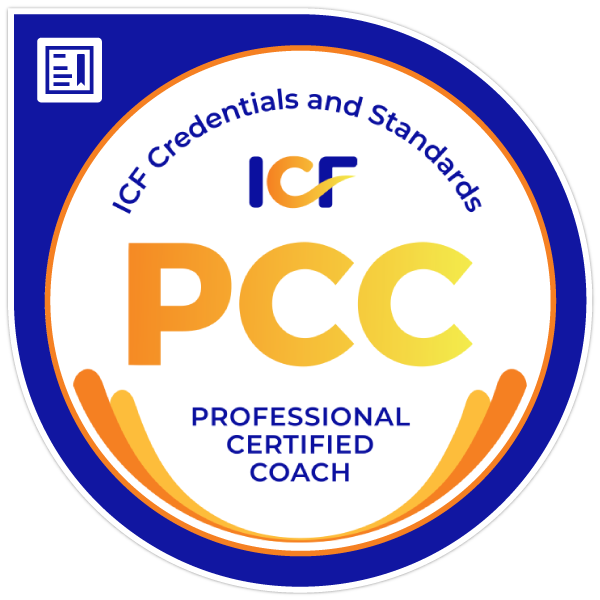There has been a lot in the press recently about the coaching industry and how unregulated it is. Not every coach is an accredited coach. So how can you be sure when you invest in a coach, it is going to be a positive experience for you? Here are a few things to think about.
How important is training?
For accreditation, a coach must have a certain level of training from an accredited institution. There are many coaching courses out there and the standard varies wildly. I have done a lot of coach training and there are some courses that will not make you a very effective coach. To ensure that you are working with a professional coach who has invested in developing their skills, ask what training they have done.
The term coach is unregulated and often used to describe mentoring or consultancy work. Make sure you know what a coach is offering and if it includes mentoring or consultancy, check out the credentials and experience they bring to that. It is not essential that a coach has experience in the area you are working in, but you will probably want a mentor or consultant to have a good understanding of your business environment.
How important is accreditation?
Being a member of a coaching body shows that a coach agrees to adhere to the standards and ethics set by that association. Accreditation is the next level and accredited coach will have attained a certain level of experience and training to gain their certification.
There are several coaching bodies that offer accreditation, requiring a high standard of training to be evidenced, an exam to be passed and a number of paid coaching hours to be delivered.
I’m an accredited coach, as of April 2022 a Professional Certified Coach (PCC) with the International Coaching Federation and for me it’s important to show my clients that I have attained a level of education – and continue to do coach education – and am an experienced coach.
I always ensure my coaches have accreditation (rather than just membership) with the ICF or with the Association for Coaching so I can have confidence that they are working at the professional level I require.
How will I know they’ll deliver what I want?
Most coaches will offer a free discovery call or introductory call so that you can meet the coach, discuss what you want to work on and figure out if they’re a good fit for you. It’s also an opportunity to find exactly what the coaching process will look like. The more information you have beforehand the more confident you can be about making that investment in yourself or for your team. And with an accredited coach, you’ll know they are bound by their professional body’s code of ethics and will be clear about how and if they can support you. They should also be able to advise where you can seek support if they are not the right person to help you.
When researching coaches, it’s best to have an idea of what it is you hope to achieve and how you want to do that. Coaching is not about the coach having all the answers and telling you what to do. If you want someone to be more directive in how they work with you, then you should look for a consultant or a mentor. But if you want to figure out the answers that will work best for you, then coaching is the way to go.
If you’re not sure what you want to achieve, but you know you want something to be different, then coaching can help you work through that too!
So do your research before you invest in a coaching package and choose the coach that feels right for you.
If you want to have a chat about how my coaching can help you, book a call here.
You can find out more about my coaching packages here.


